Old clothes, new memories. Anthony Bila styles his parents
Anthony Bila is an acclaimed South African photographer/director, whom I have followed since I began my research and virtually met last year while working on the documentary “African Catwalk” for Italy’s broadcaster, RAI.
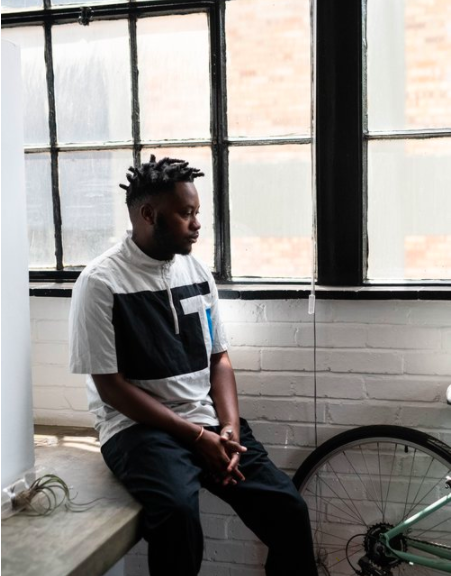
Bila is one of the first artists that I blogged about and is featured in the documentary, where he describes his practice as capturing the changes happening in his country and the goals of the younger generation. I’m enthralled by his use of fashion to describe this generational shift, the move from expressing respectability VS desirability in dress and from communal ethics to more individualistic goals. He describes himself as “hyper vigilant of being a conduit for the stories of South Africans and Africans at large”.
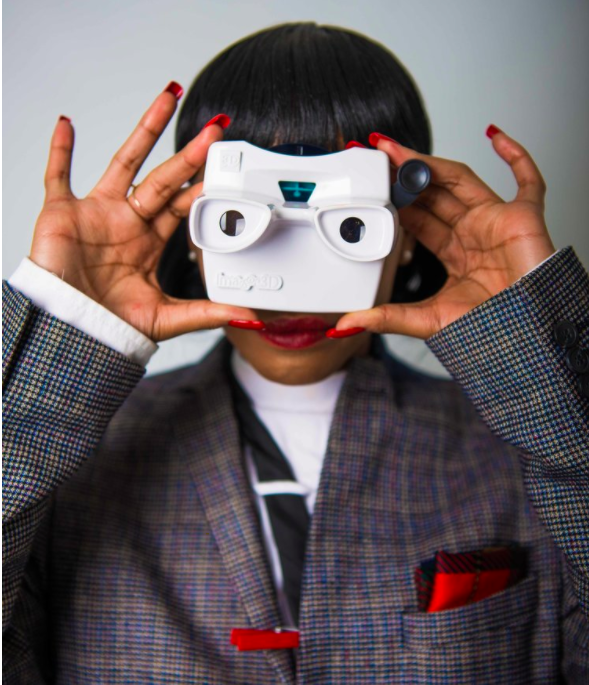
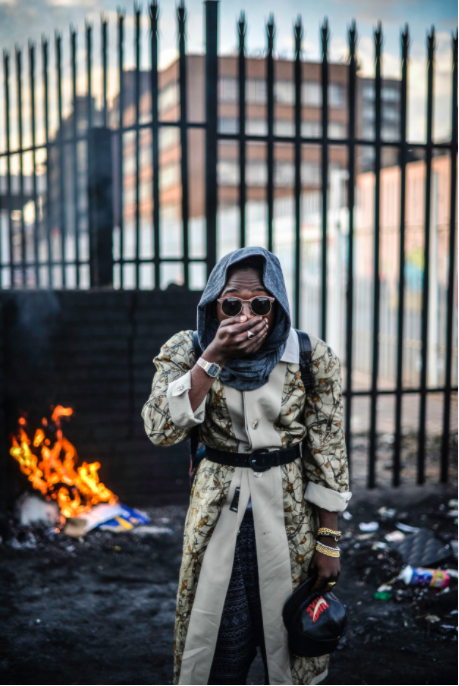
Bila is prolific. At the peak of the first wave of the pandemic, he released the short film “The Isolationist”: a self-portrait addressing themes of loneliness, self-reliance and awareness. Read his interview in LOVE magazine, here.
More recently, the solitude of lockdown inspired him to create a series of portraits of his parents, styled in some of his old clothes, that he describes as a way to practice empathy and connection. The shots, that I saw on Twitter, are moving in their ability to express Bila’s bond with his mother and father via his use of a soft light, choice of setting, and the parents’ willingness to be styled in what may in all likeness be unfamiliar styles for them.
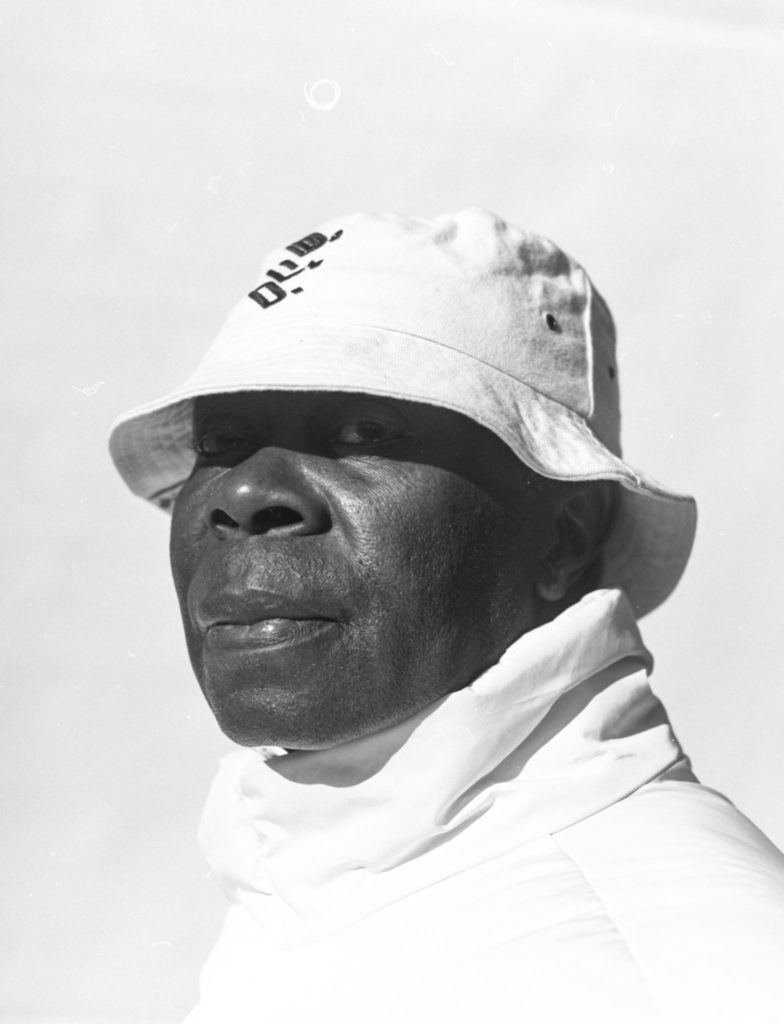
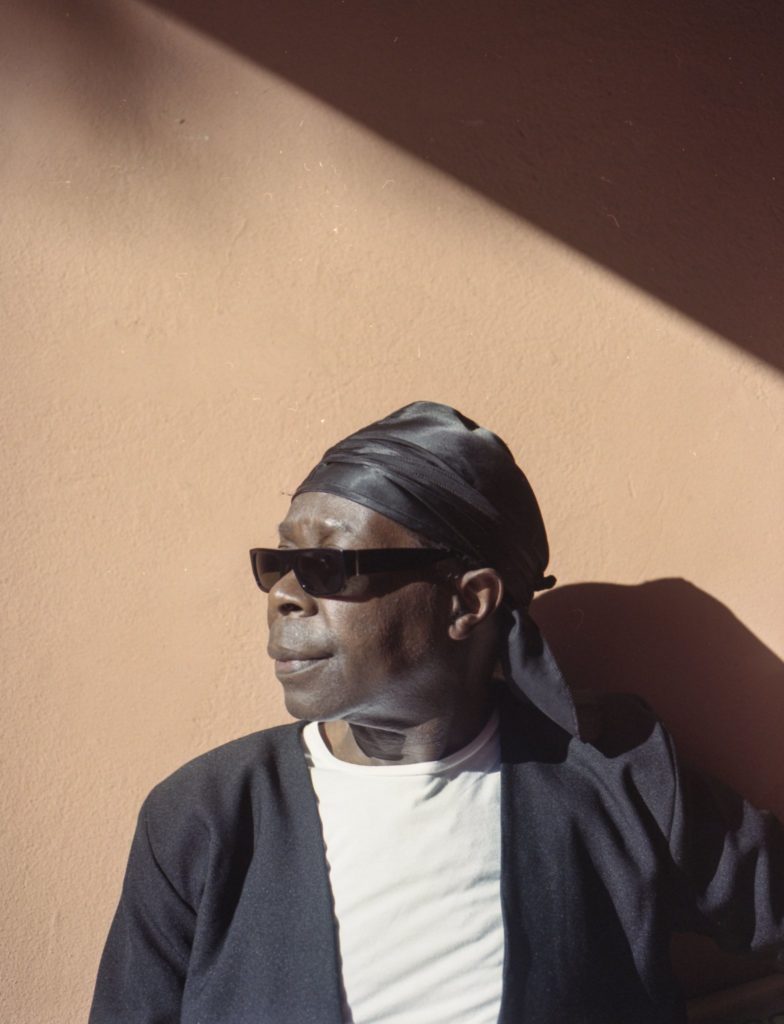
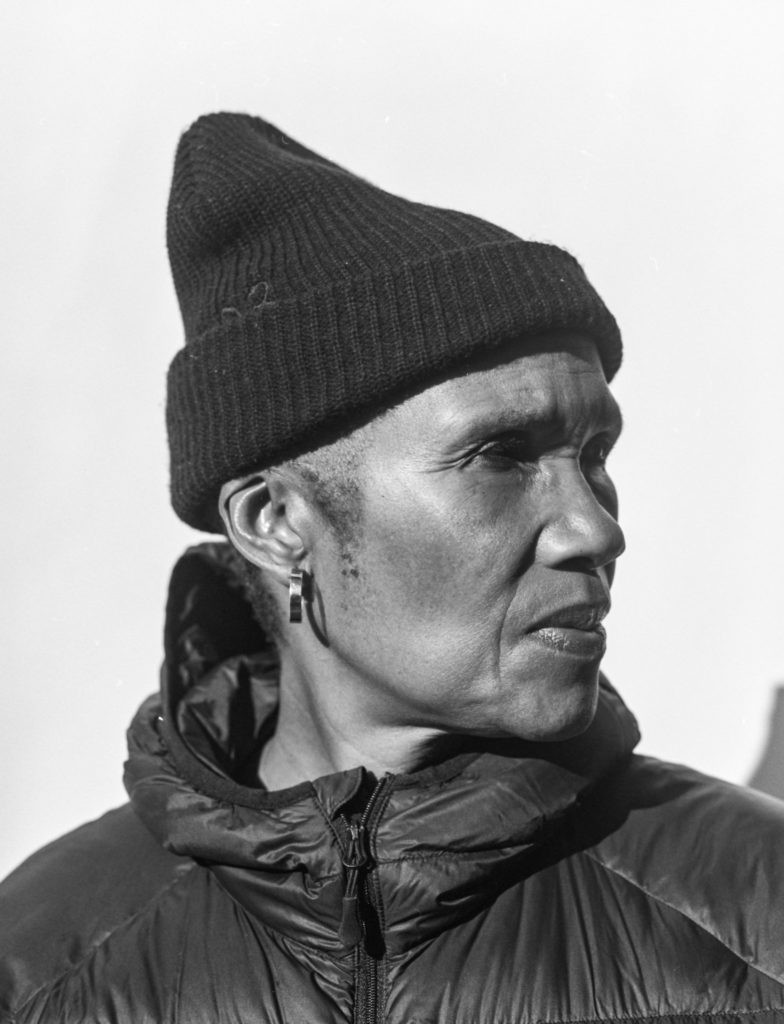
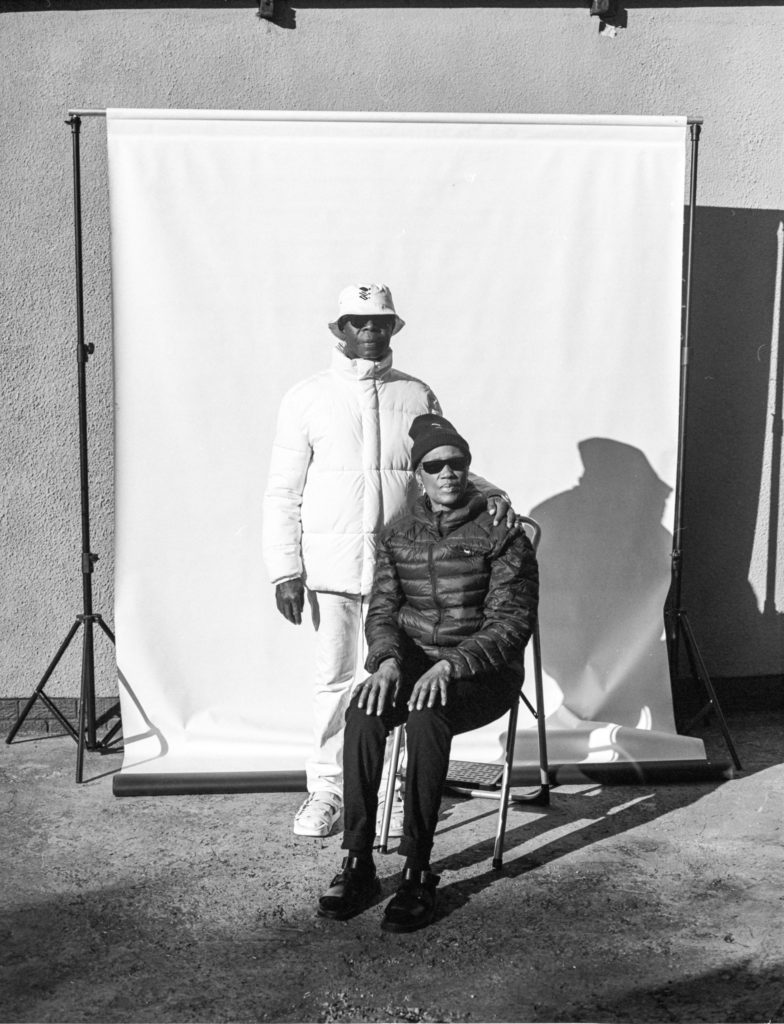
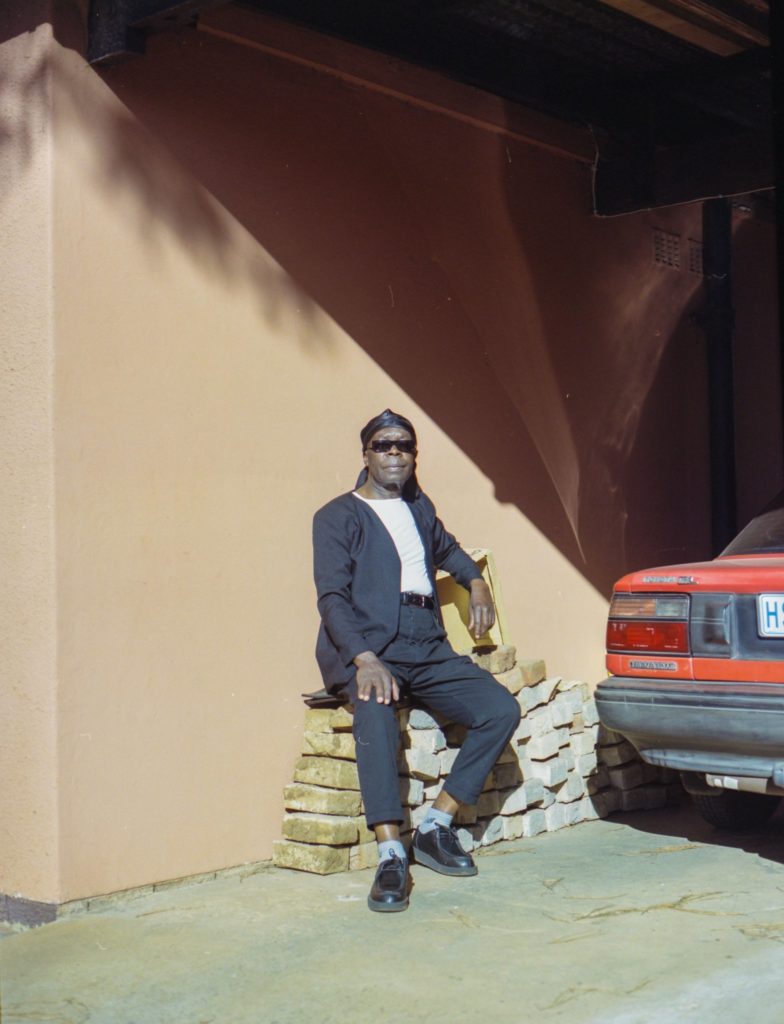
Besides expressing Bila’s goal of “making memories” and therefore using clothes to manipulate time, the photographs display his knowledge of style’s power to deliver awareness about oneself – in this case of one’s loved ones.
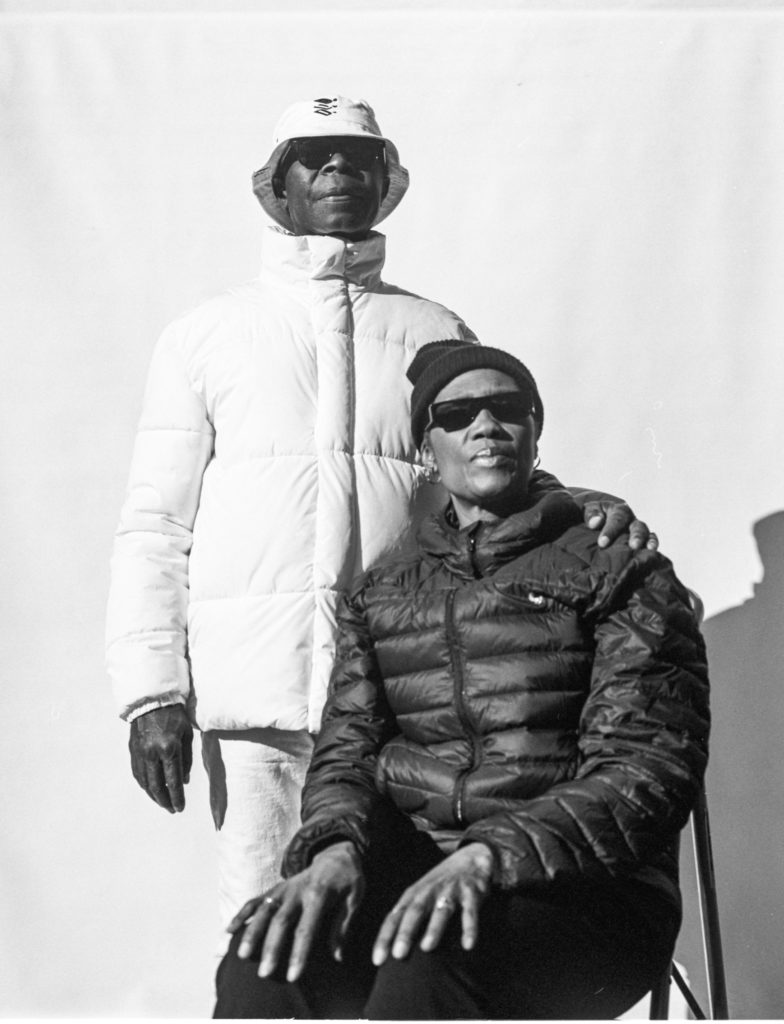
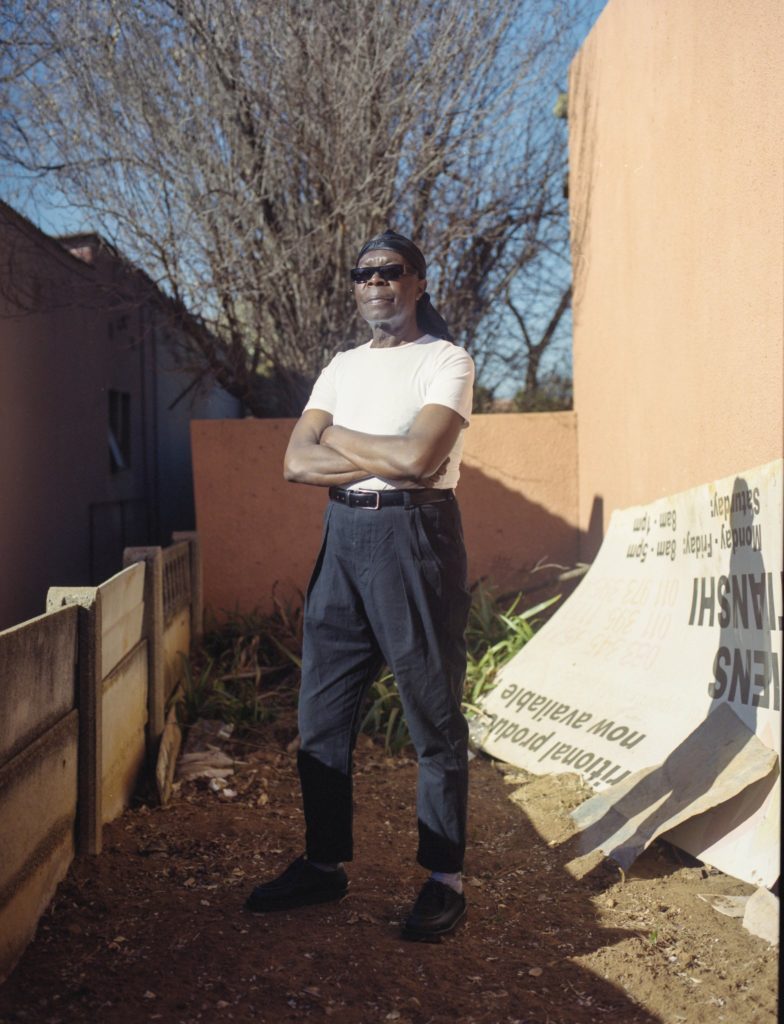
It is interesting to read these as an example of the “aesthetic of presence” theorised by Carol Tulloch : “a technique of being to counter the aesthetic of invisibility that the people of the African diaspora have had to overcome since slavery”, which in the South African context translates to the state-sanctioned invisibility/hypervisibility of black and brown South Africans during apartheid. In light of the health emergency enforced in SA by the spread of COVID-19, this notion of presence takes on a further meaning as lockdown measures impose a new form of invisibility which, in many contexts across the world, affects blacks in disproportionately higher numbers compared to whites with biopolitical effects that we are yet to see.